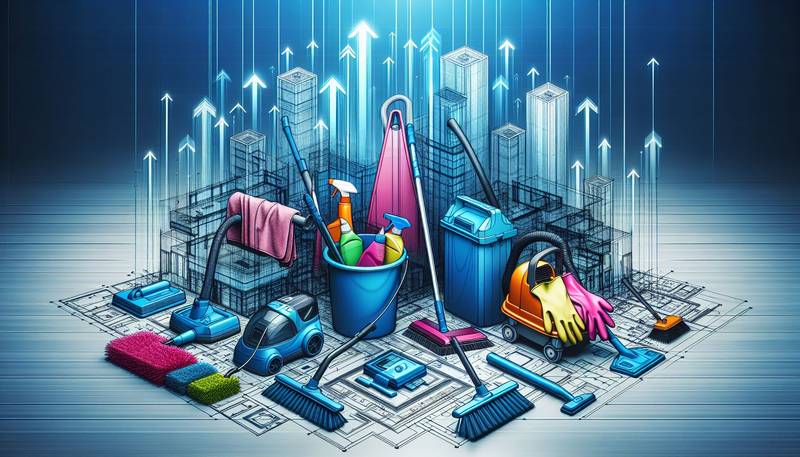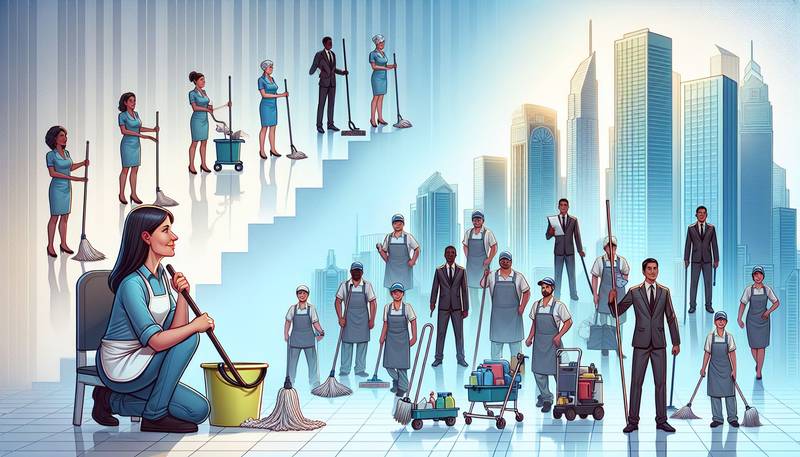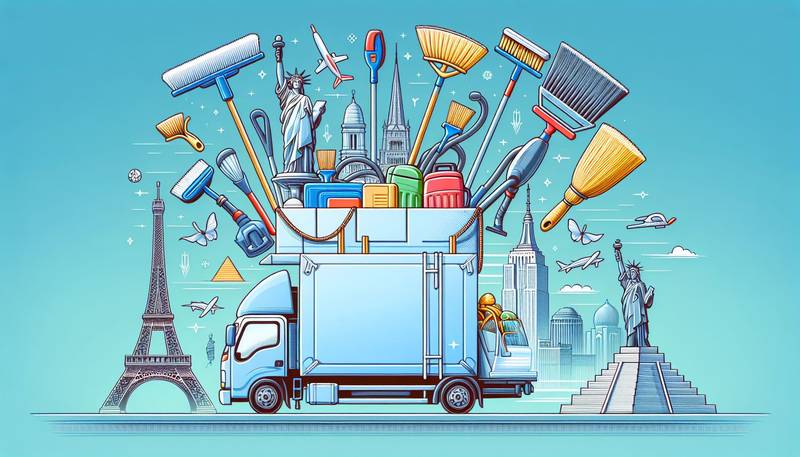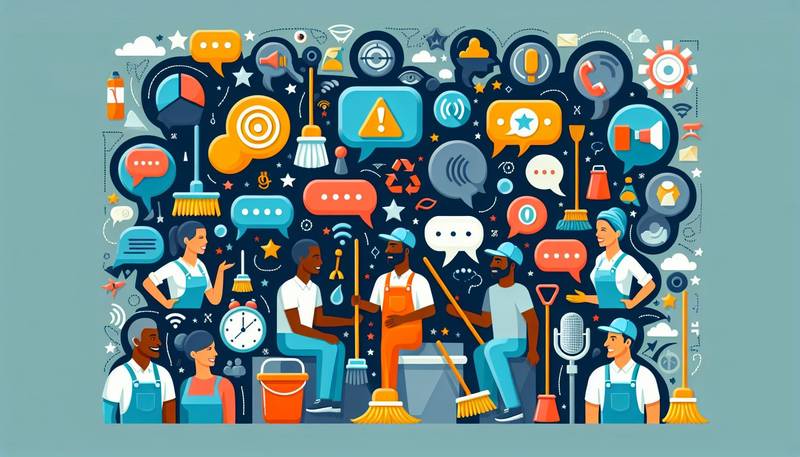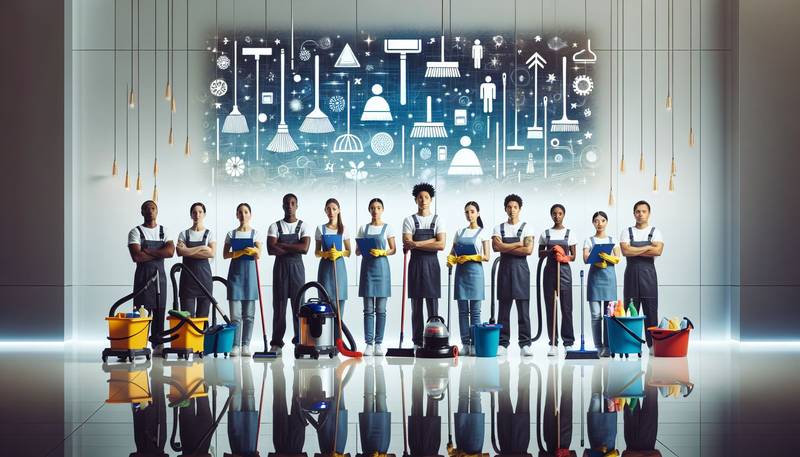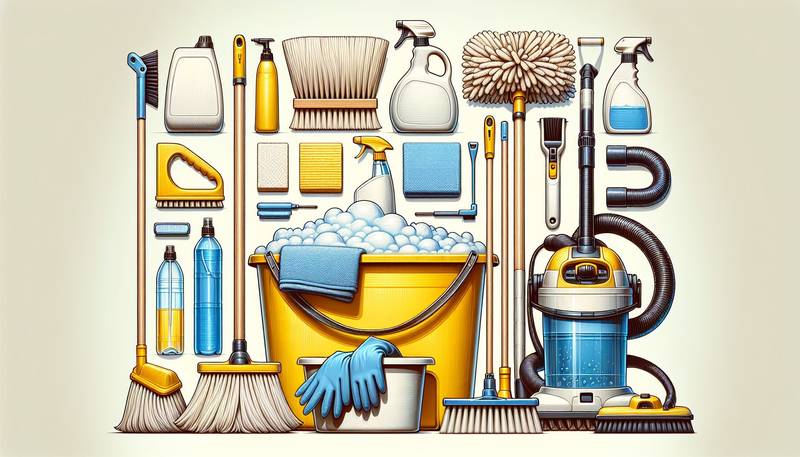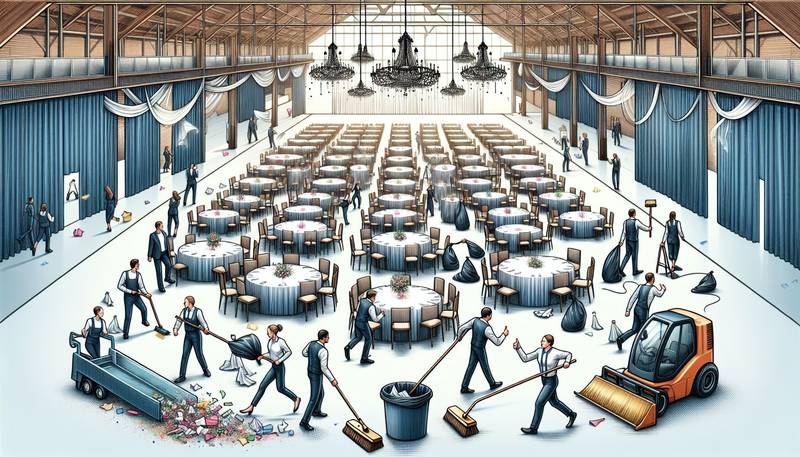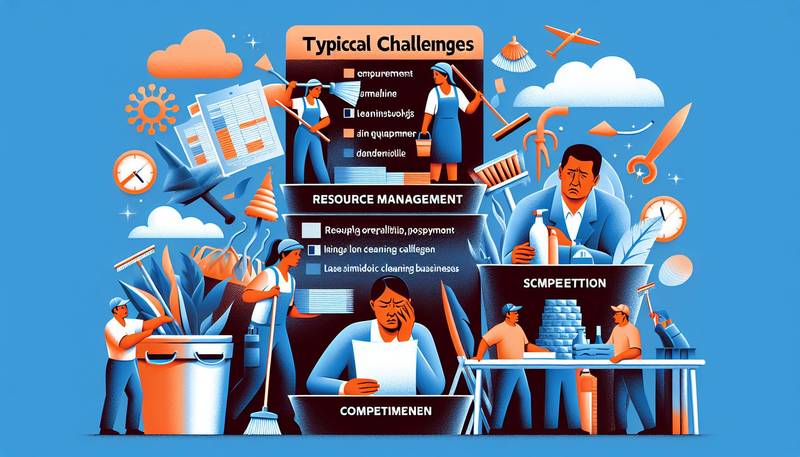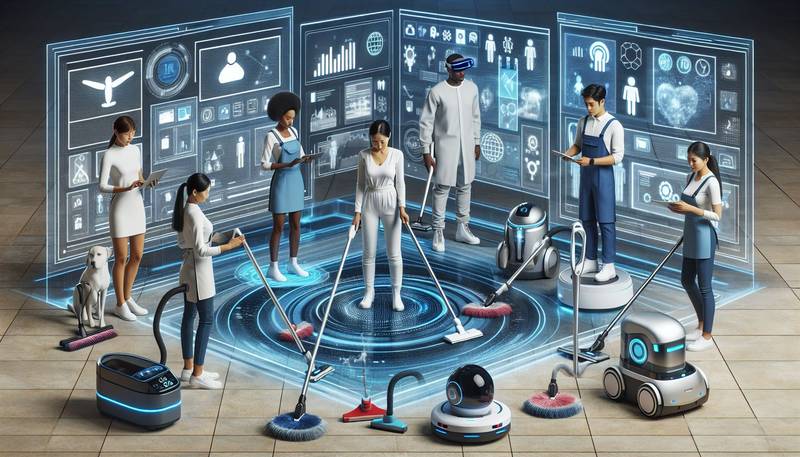Building a Career in Industrial Cleaning: Pathways and Prospects
In this article, we will explore the pathways and prospects of building a successful career in industrial cleaning.
Education and Training
While a high school diploma or equivalent is typically the minimum requirement for entry-level industrial cleaning positions, obtaining additional education and training can greatly enhance one's career prospects in the field. Many vocational schools and community colleges offer certificate programs in industrial cleaning that cover topics such as safety protocols, chemical handling, and equipment operation. Additionally, specialized training in areas such as hazardous waste disposal or cleanroom cleaning can make an individual more marketable to potential employers.
Certifications and Licenses
Obtaining relevant certifications and licenses can also boost a professional's credibility and open up new opportunities in the industrial cleaning industry. For example, the Institute of Inspection, Cleaning and Restoration Certification (IICRC) offers certifications in various areas of cleaning and restoration, including carpet cleaning, mold remediation, and fire and smoke damage restoration. Similarly, obtaining a hazardous materials handling certification or a commercial driver's license (CDL) can demonstrate expertise and competency in specific areas of industrial cleaning.
Experience and Skills
Building a successful career in industrial cleaning often requires gaining practical experience and developing essential skills that are valued by employers. Individuals entering the field can start by taking on entry-level positions, such as general cleaner or janitor, to gain hands-on experience with cleaning equipment and techniques. As they progress in their careers, it is important to develop skills such as attention to detail, time management, and the ability to work independently or as part of a team. Additionally, demonstrating a strong work ethic and a commitment to safety can help individuals stand out in the competitive industrial cleaning industry.
Career Advancement
As individuals gain experience and skills in industrial cleaning, they may have the opportunity to advance their careers and take on roles with more responsibility and higher pay. Some possible career advancement paths in the field include becoming a lead cleaner, supervisor, or manager of a cleaning team. With additional training and certifications, individuals can also specialize in niche areas of industrial cleaning, such as biohazard remediation or cleanroom sanitation. By continuously seeking opportunities for professional development and staying current on industry trends, individuals can position themselves for long-term career success in industrial cleaning.
Job Outlook and Salary
The job outlook for industrial cleaners is promising, with the Bureau of Labor Statistics projecting a 7%!g(MISSING)rowth in employment for janitors and cleaners from 2019 to 2029. The demand for industrial cleaning services is expected to remain strong, driven by factors such as increased awareness of workplace safety and hygiene, as well as the expansion of industries that require cleaning services. In terms of salary, the median annual wage for janitors and building cleaners was $29,080 in May 2020, with top earners making more than $43,110 per year. The salary range can vary based on factors such as location, experience, and level of specialization in the field.
Conclusion
Building a career in industrial cleaning requires a combination of education, training, experience, and skills. By obtaining relevant certifications, gaining practical experience, and staying current on industry trends, individuals can position themselves for success in this growing field. With a positive job outlook and opportunities for career advancement, industrial cleaning offers a rewarding and stable career path for those willing to put in the effort and dedication to excel in the industry.
